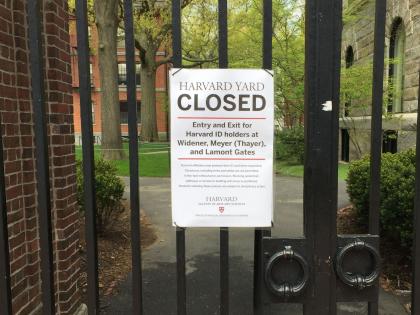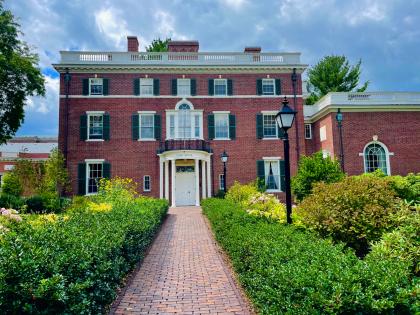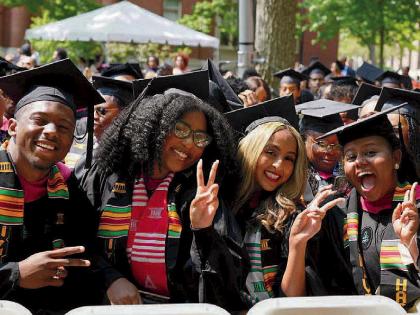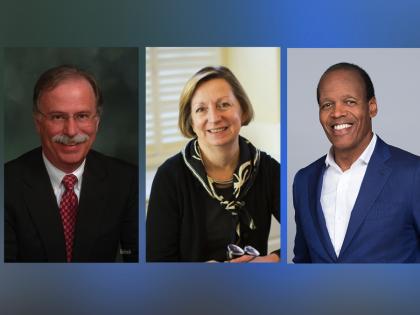Federal law makes part of a school's federal financing contingent on its allowing military recruiters on campus. In 1998 the U.S. Air Force considered the law school's practice and determined that allowing recruiters to work through the Veterans Association satisfied the provisions of the law. Military recruiters had faced no official impediments elsewhere at Harvard.
Last year the air force revisited the question and in May informed Dean Robert C. Clark that the law school was no longer in compliance. Threatened with the University-wide loss of $328 million of federal funding, in August Clark reversed school policy and agreed to officially host military recruiters. (The first were expected in October.)
He announced his decision in a memo dated August 26. (It may be read in full at www.law.harvard.edu/news/2002/08/26_military.html.) "I have personally struggled with this issue," Clark wrote, "because I recognize the pain that some members of the community (especially our gay and lesbian students) will endure because of the change in practice. For many of us, a policy of nondiscrimation on the basis of sexual orientation reflects a fundamental moral value." At the same time, wrote Clark, "most of us reluctantly accept the reality that this University cannot afford the loss of federal funds...."
At press time, law school students and faculty members were said to be pondering various protests and possible legal actions.
Yale Law School, responding to a similar challenge from the U.S. Army, announced in October that it would temporarily suspend its ban on military recruiters while it determined whether the school's policies satisfied legal requirements. The school has allowed recruiters to come to the campus if the meetings were initiated by students.







